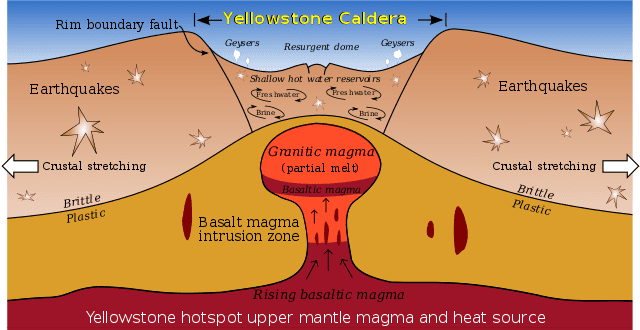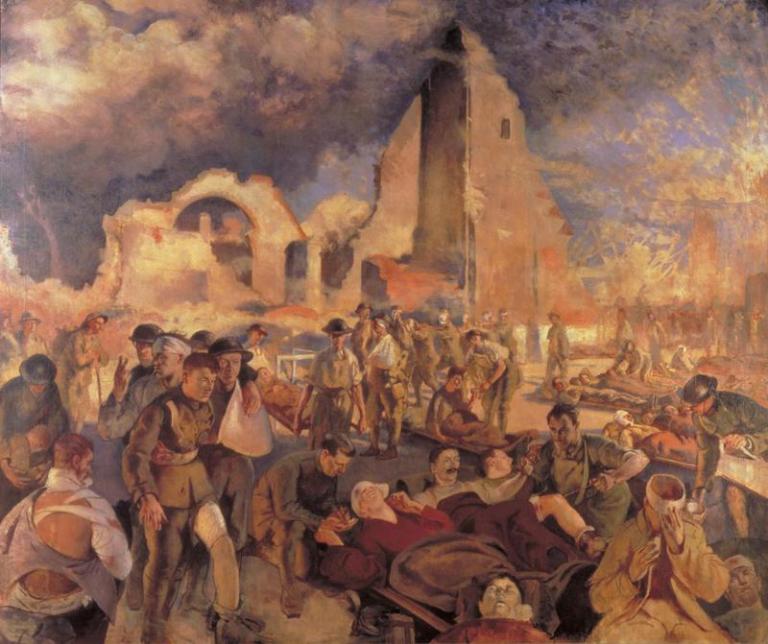
I’ve occasionally been criticized for my disinclination to treat online relationships, virtual communities, and social media friends as the equivalent of friends, communities, and relationships in the face-to-face real world. That disinclination has become apparent to a few when, on three or four occasions, I haven’t reacted as some have thought I should to some situation of an online acquaintance. (I think that I’ll leave it at that. My critics will simply have to exploit what I’ve said in their usual malicious way in order to defame me.) Candidly, I find it sad that, for at least some, message boards and the like seem to have become substitutes for direct contact with flesh and blood people.
So I resonated with this passage from a BBC article entitled “Dunbar’s number: Why we can only maintain 150 relationships: The theory of Dunbar’s number holds that we can only really maintain about 150 connections at once. But is the rule true in today’s world of social media?”:
“It’s extremely hard to cry on a virtual shoulder,” Dunbar deadpans. “Having a conversation isn’t like a lighthouse; it is not just blinking away out there and maybe someone is listening, and maybe somebody is not.”
In this view, the non-physical, non-real-time nature of internet relationships means that they can’t challenge “real-world” ones in meaningful ways. Face-to-face relationships, with all the non-verbal information that is so critical to communication, remain paramount.
However, I hasten to add that the article is interesting well beyond the little excerpt of it that I’ve posted right above and that doesn’t actually represent its main thrust or theme.
***
This article should be of interest to anybody who lives in the western United States or western Canada, but, frankly, an eruption such as that described here would have an enormous and enormously negative effect on everybody in North America and, beyond that, on everybody around the globe:
“What If Yellowstone’s Supervolcano Erupted?”
***
It’s Nobel Prize season, and so, on Monday, an article appeared online in The Guardian under this striking title:
The next day, this letter appeared in response, also in The Guardian:
“Nobel prizes have a point – parking space”
“Some years ago we visited academic friends in Oakland, California, and were shown round the spacious university campus at Berkeley. We encountered a largish car park with signs saying “Spaces for NPL ONLY”. “What are NPLs?” we enquired. “Nobel prize laureates” came the reply (The briefing: What’s the point of the Nobel prizes?, Journal, 7 October).
Steven Dorner
London











